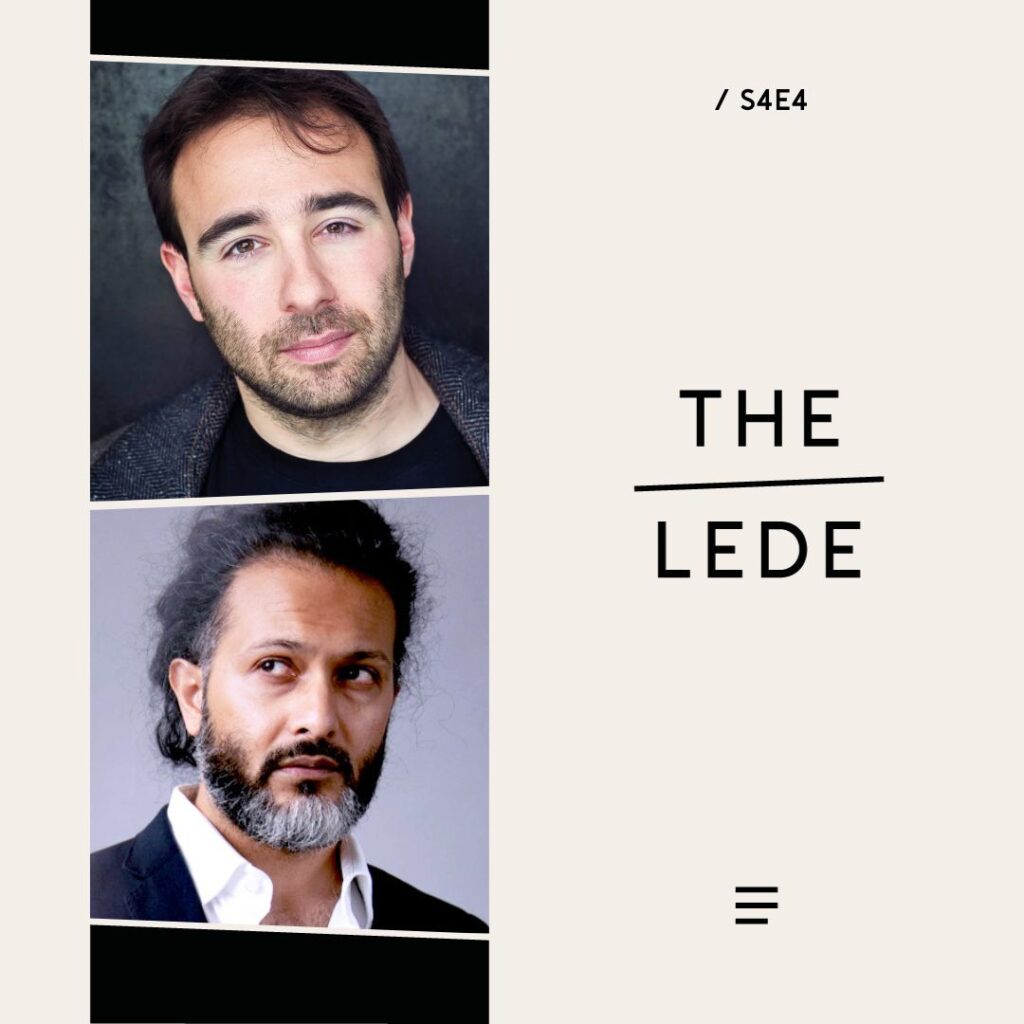Yascha Mounk thinks the left is making a big mistake.
“Over the last decades a genuinely new political tradition has started to coalesce in universities around the world,” the political scientist and commentator tells New Lines magazine’s Faisal Al Yafai, ”and then come to have significant influence on our culture and politics.”
Uncomfortable with the direction this new generation of progressives has taken, Mounk sought to understand them. His new book, “The Identity Trap,” presents a history of how these new ideas became mainstream.
“I think the problem is not that they go too far,” he says. Mounk is uncomfortable with the position that many of his fellow critics have taken toward what they would call “wokeness” and he calls the “identity synthesis.” “How can you go too far in fighting against racism?”
In Mounk’s view, the problem is not how far, but which way. “I think the problem really is that they take us in the wrong direction,” he says.

“I think the problem is not that they go too far. I think the problem is that they take us in the wrong direction.”
For Mounk, a proud believer in the liberal tradition, that wrong direction is the emphasis on identity and difference rather than more traditional universal values. It is not that he thinks identity is not important, he says. “The problem comes when we start to have a conception of politics which reduces people to those categories.”
Mounk believes that these ways of thinking have led activists to abandon their commitment to liberal values like free speech and equality before the law. “Who’s going to be sitting on the speech facilitation committee of some tech company? It’s not the most marginalized in society. It’s not the weakest in society. It’s people who virtually by definition hold quite a lot of power,” he explains.
At a time where the far right is on the march, he concedes that a more confrontational and uncompromising approach might be compelling. But he fears that it may be misguided in the long run.
“Trump’s election in the United States in 2016 made it so hard to criticize some of those ideas because you were immediately accused of somehow running interference for Trump,” he says. “But I think the deep influence that these ideas now have on many institutions in the United States and beyond leaves an opening to people like Trump to come back into power.”
Produced by Joshua Martin


